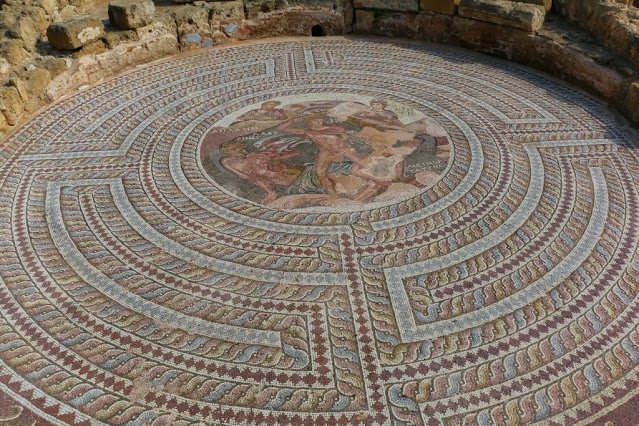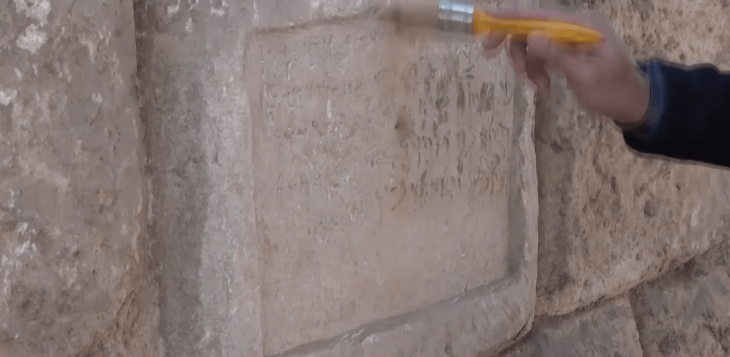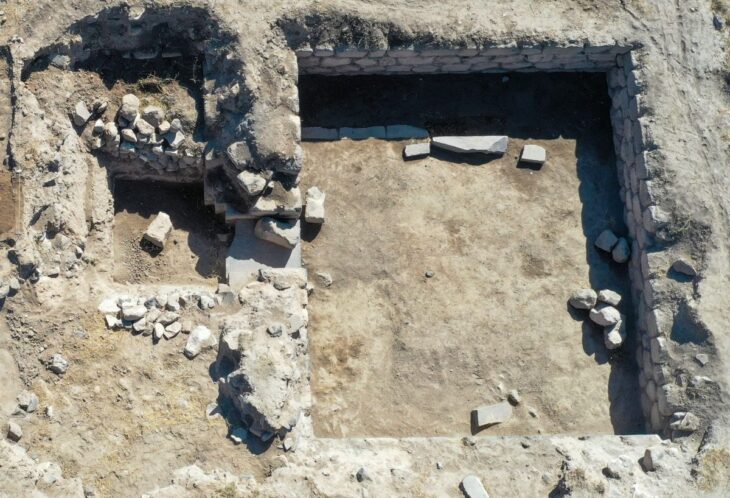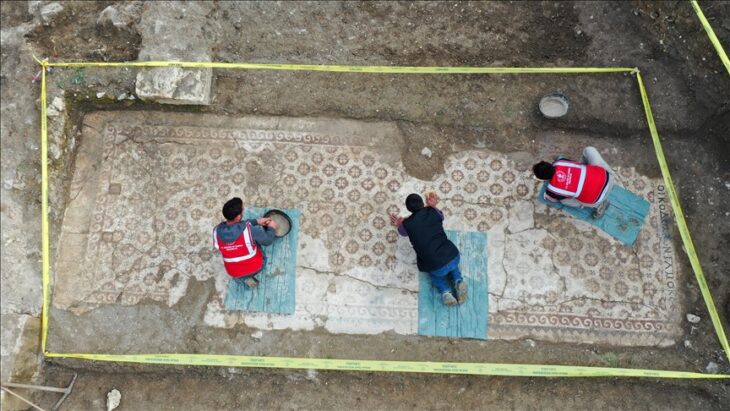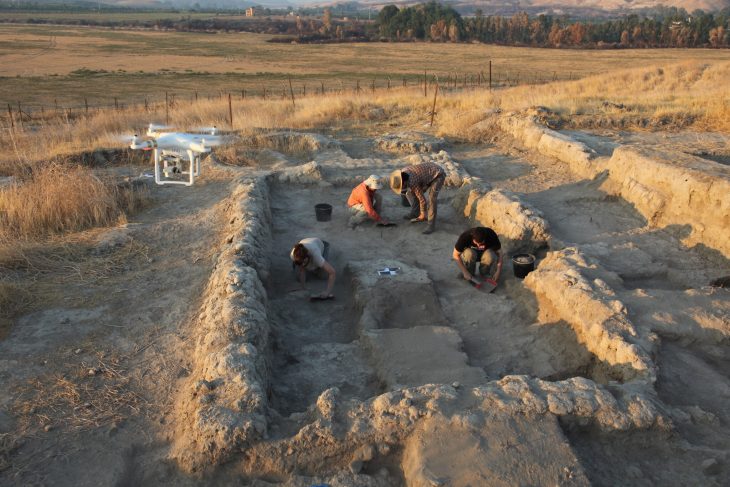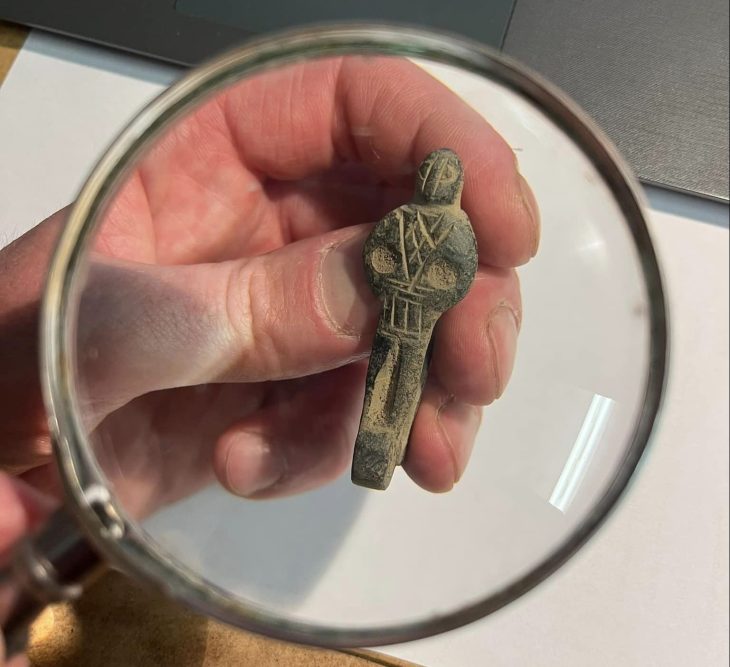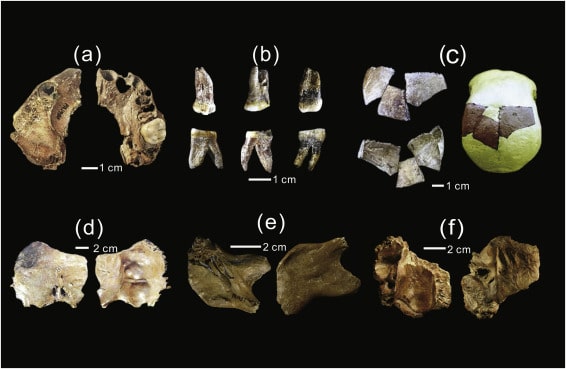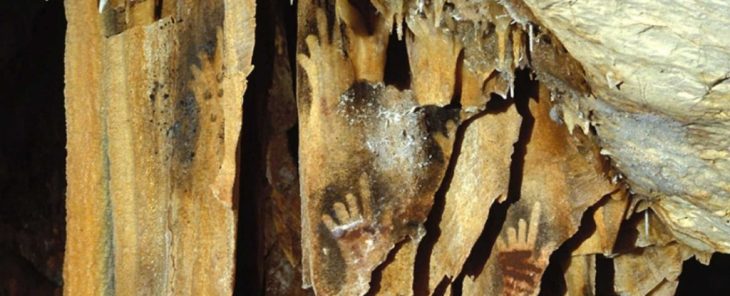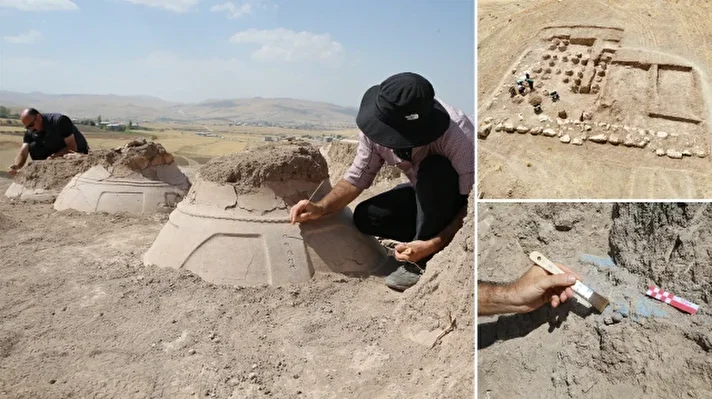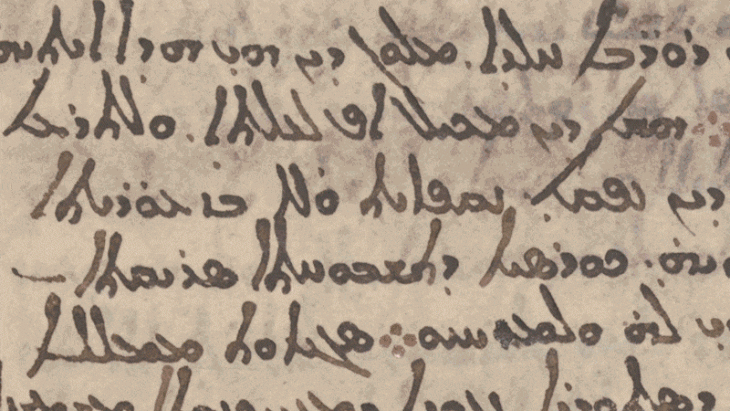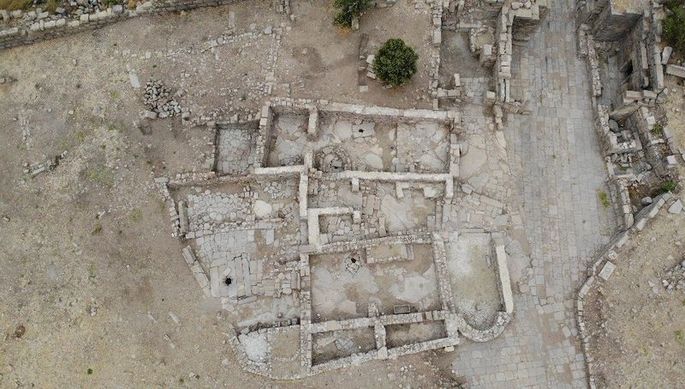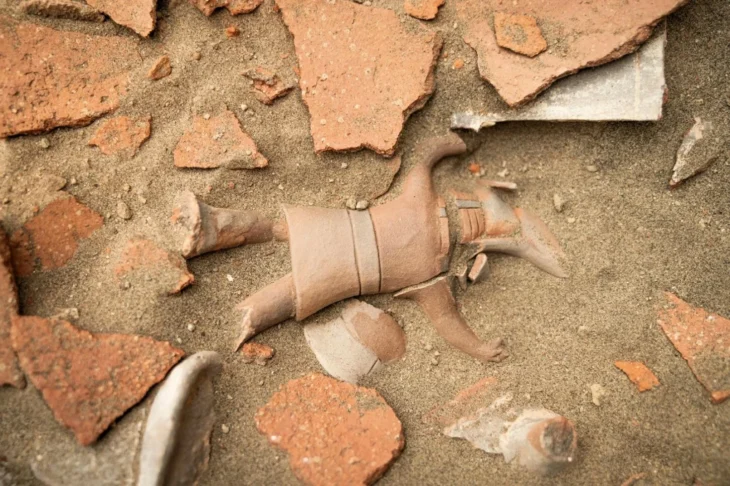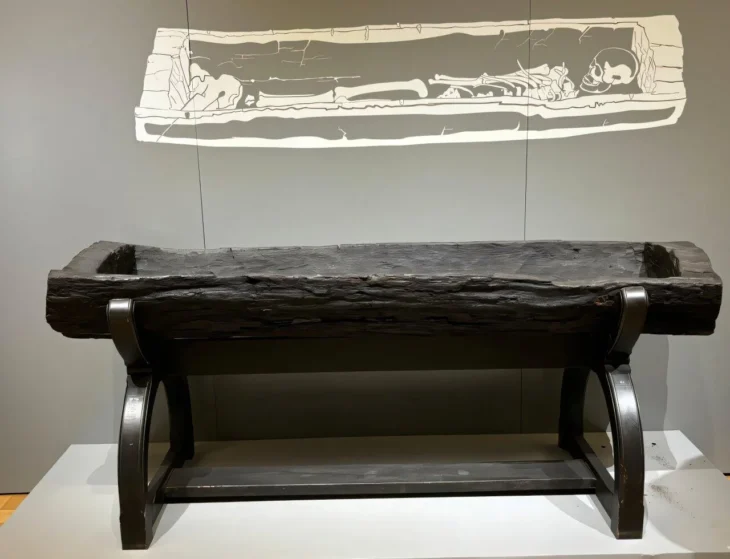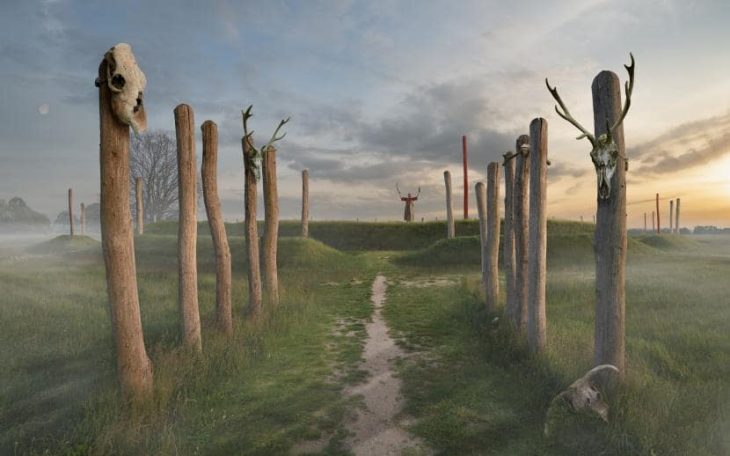During the excavations carried out on Fabrika Hill in Kato Paphos, Cyprus, an ancient mosaic floor belonging to the Hellenistic period was unearthed.
The Hill dubbed the “Acropolis of Paphos” by archaeologists, has riches that have occupied researchers from France’s University of Avignon for the past twelve years.
Researchers from the University of Avignon, France, have been excavating on Tepe, which has been called the “Acropolis of Paphos” by archaeologists, for 12 years.
Claire Balandier, a professor of archaeology and ancient Greek history and the leader of the University of Avignon’s Archaeological Mission, recently presented the findings found at the site to the Paphos Municipal Council.
Balandier, who has been the leader of the archaeological expedition excavating on site for more than a decade, told authorities that the Fabrika Hill area was formerly known as Paphos’ Acropolis and still has major monuments from the region’s ancient past.
📣 Our WhatsApp channel is now LIVE! Stay up-to-date with the latest news and updates, just click here to follow us on WhatsApp and never miss a thing!!
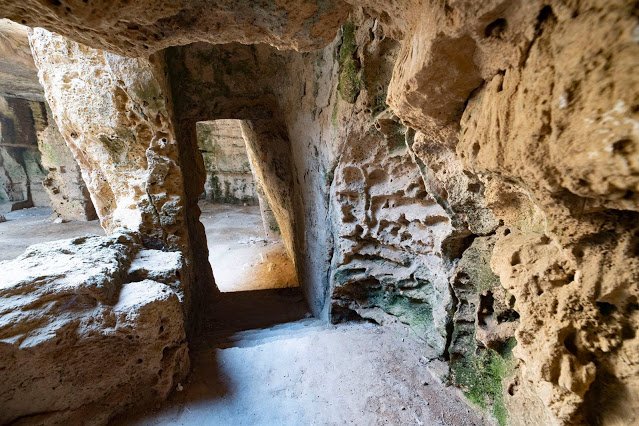
One of the more remarkable finds in the excavation was a chamber with a mosaic floor that had been part of a Hellenistic-era structure.
The archaeologists discovered that the building where the mosaics were discovered had been supplied with water via a clay pipe that is amazingly still preserved, in what Balandier described as “very good condition.”
The water is believed to have originated in the Tala region. Unfortunately, the building appears to have been partially destroyed by later Roman-era construction projects, which even included the construction of a water pipeline and reservoirs.
The University of Krakow, led by Professor Evdoxy-Papoutsi-Wladyka, of Greek descent, is currently conducting an excavation in the ancient market of Paphos.
A team from Australia’s Sydney University, under the leadership of Dr. Craig Barker, is another major player in ongoing archaeological operations in the Paphos area, with the discovery of an 8,000-seat theater that was declared the Hellenistic theater.

